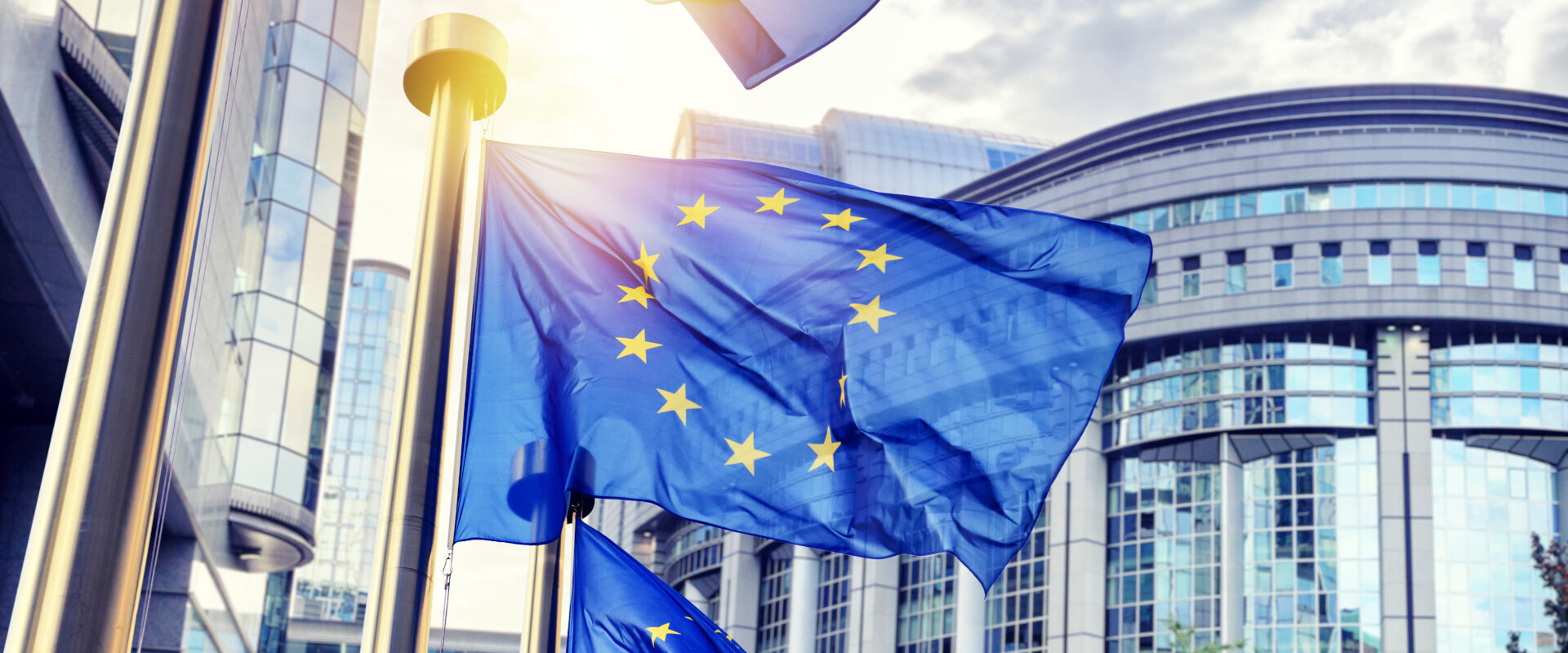European relevance of hydrogen pipeline projects confirmed. Opportunity for access to funding instruments achieved.
Kassel/Brussels. The European Commission today published the final list of "Projects of Common Interest" (PCI) and confirmed the corresponding status for both AquaDuctus and the eastern part of Flow – making hydrogen happen. The PCI list comprises a total of 166 projects, including 65 in the field of hydrogen and electrolysers: "We are delighted with the positive decision and see it as confirmation of our assessment that our AquaDuctus and Flow – making hydrogen happen pipeline projects are of crucial importance for the rapid development of a European hydrogen infrastructure", says GASCADE Managing Director Christoph von dem Bussche.
PCI projects must fulfill exactly this requirement and, after application, are subjected to a cost-benefit analysis by the European Commission. These are important infrastructure projects that are intended to contribute to the completion of the European internal energy market and the achievement of the European Union's energy and climate policy goals. PCI status creates the possibility of access to public funding instruments for project implementation.
Both GASCADE projects are already part of the draft of the German hydrogen core network presented in mid-November 2023. PCI status is a criterion for inclusion in the core network.
"First transport capacities of the newly to be built AquaDuctus offshore pipeline are to be available from 2030 in order to tap into the hydrogen potential in the North Sea. As part of Flow - making hydrogen happen, in the Eastern part, around 480 kilometers of long-distance gas pipeline from Lubmin on the German Baltic Sea coast to the border of the Czech Republic are to be converted from natural gas to hydrogen transports – a first section already in 2025," concludes Managing Director von dem Bussche.






